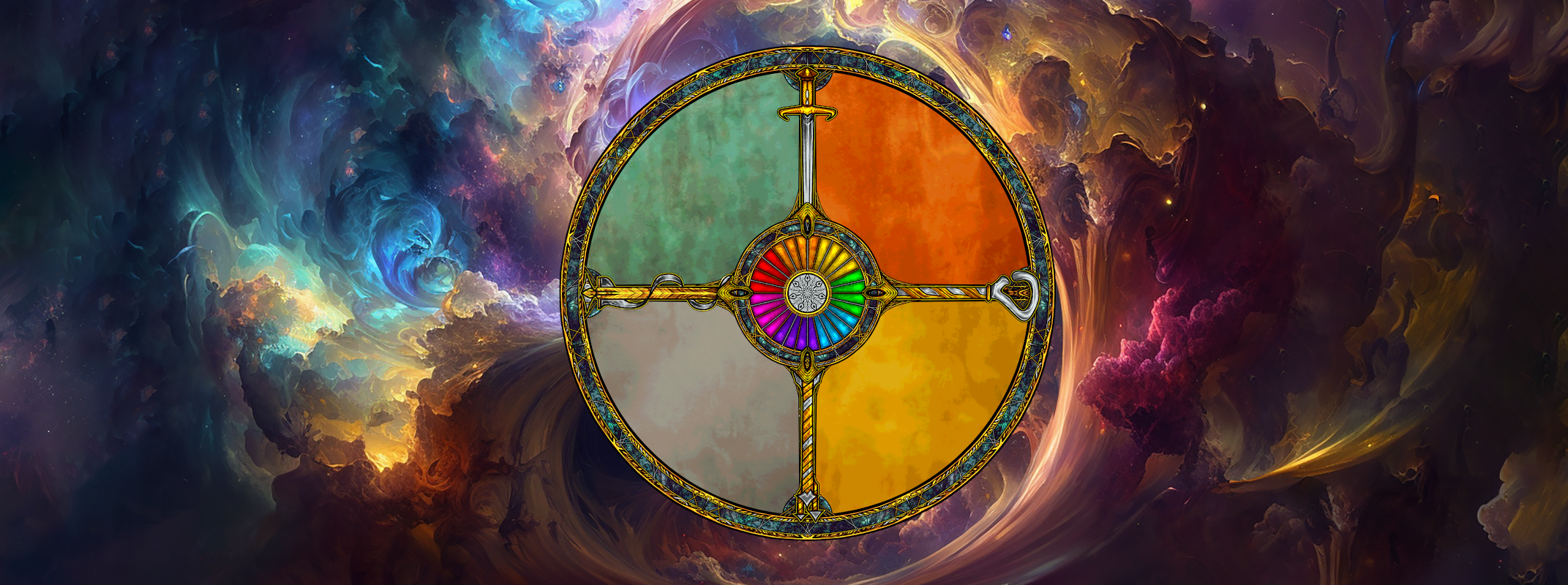A disturbing disease where a parasitic family of worms bury themselves behind the eyeballs of a host and latch on to the feed themselves off the energy of optical nerves. Can cause blindness if left too long. But in shortterm they give perfect lowlight vision due to their reflective backs.
Catching Mintworm
A Mintworm infection can happen by sleeping on the ground with unprotected eyes. They primarily inhabit corralums, so it is recommended for all travelling within the corralums to either wear goggles while sleeping or to suspend your sleeping spot above the ground.
Those infected with Mintworm will wake up with pink bloodshot eyes and the occasional flicker in their vision.
In order to check for a Mintworm infection, shine a light into the suspected host's eyes. If a gentle blue glow reflects back, that is a sign of mintworm infection.
It can also be caught by sharing close proximity to a sleeping host in bed, as the mintworm will attempt to travel during the hosts sleep.
I keep seeing these little blue squiggles in my vision. It's just there one blink and then it's gone. It's freaking me out.
Stages
The worms begin their infection by forcing their tiny bodies behind the eye of their host. They secrete a numbing gel that allows them to do this without irritating their host. The creatures will slowly travel towards the optical nerve in the back of the eye. The process can take several days.
Hosts will feel an itching at the corners of their eyes, and blood vessels within the eye may burst due to the movement of the worms beneath the eye.
Users may also feel congestion or nausea depending on the strength of their immune system.
Other symptoms include bleeding from the tear ducts, impaired vision, and light sensitivity.
Known as the 'night sight' stage, the worms begin to multiply and occupy the entire space behind the eyeball. They settle in a flat pattern, and shine their backs towards the pupil of the eyes. The reflective surface catches light back into the eye. The result is a very strong dark sight, and a very noticable mint green glow to the eyes when reflecting light in the dark.
At this stage the worms have begin overpopulating, and begin to put pressure on and potentially the optical nerves of the eyes. They have also begun to feed on the hosts flesh instead of bacteria and micro-organisms.
This stage can feel like a massive migraine, and results in permenant blindness if not removed fast enough. The worst cases can prove fatal, if the Mintworms work into the brain from the eyes.




First, your article css is beautiful. Second, I'm pretty sure I just frowned when I read
Because I'd do a lot of freaking out. Like, a lot. Imma need someone to figure out what that is right away because no way am I just wandering around seeing squiggles randomly. Nope, nope, nope. I don't even care about the short term benefits. >:cRight? Diseases while never fun to have, can be real fun to write. Especially when you get to play into those little uneases that people can have in every day life. I'm really glad you 'liked' it! :D